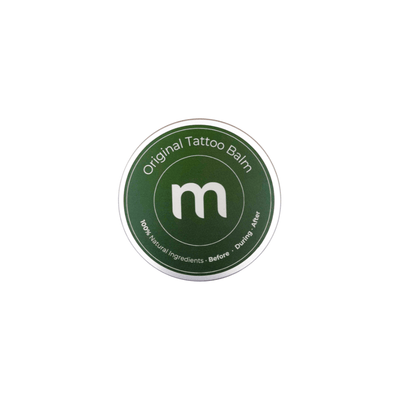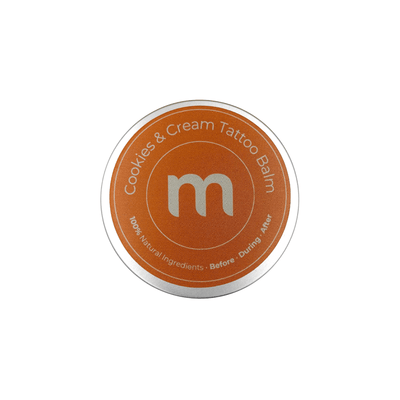Tattoos and copyright are often a tricky subject, but here at Magnum Tattoo Supplies, we’re going to break it down for you!
Who owns your tattoo? You may be surprised.
Your tattoo is complete, and you’re thrilled with the results. You’ve paid your artist and want to show off your new work. But do you truly OWN your tattoo? Legally, the answer may be no. Copyright laws govern the intellectual property of original designs, and in most cases, the tattoo artist retains those rights.
If you commission an original piece from an artist, that tattoo is considered the artist’s intellectual property. This doesn’t prevent you from photographing or showing your tattoo, but using it commercially—like in promotions or merchandise—could lead to legal action where the artist would likely prevail.
For copyright protection, a tattoo must be original to the artist and display some creativity. If you co-designed the tattoo, it may be considered a collaboration, giving both parties rights to the design.
Can You Get a Tattoo of a Copyrighted Image?
Getting tattoos of copyrighted images is possible, but it carries risks. Copyrighted designs—from Disney characters to logos—can lead to legal complications. Tattoo artists must be aware of potential hazards when replicating copyrighted images.
(Cartoon artwork by our Sponsored Artist, Jordan Baker)
Legally, using copyrighted images as tattoos could pose issues if the copyright holder proves that their work has been devalued or that potential profits have been affected.
(Simpsons artwork by our Sponsored Artist, Lewis Wynnyk)
If a tattoo artist replicates a copyrighted design without permission, they may face legal challenges. Permission from the original artist can avoid disputes and maintain professional integrity.
Do You Own Your Tattoo?
You own the physical tattoo on your skin but not the design itself. You cannot legally reproduce or commercially exploit the design. Sharing on social media is fine, but using the tattoo independently for commercial purposes could infringe copyright.
Who Owns the Copyright of a Tattoo?
The tattoo artist retains full copyright ownership, including reproduction and promotional rights. A notable example is the Whitmill vs Warner Bros case, involving Mike Tyson’s tattoo. The tattoo artist sued Warner Bros for recreating Tyson’s tribal face tattoo in the film “The Hangover 2.” The design was registered with the US Copyright Office, and Tyson had signed an agreement restricting commercial use. The case was settled out of court.
Can Tattoo Artists Copy a Drawing?
Artists may replicate drawings, but it’s not recommended legally, professionally, or creatively. Using someone else’s work without transformation is considered copyright infringement. Most professional tattoo artists prefer creating unique designs inspired by existing work rather than copying directly.
Is It Okay to Get the Same Tattoo as Someone Else?
Legally, replicating a tattoo you admire is allowed, but it’s considered unprofessional to copy another artist’s original work exactly. Adding personal and transformative elements is key to respecting copyright and maintaining a unique design.
In summary, tattoo artists hold the copyright to their designs. To avoid legal and ethical issues, always use unique designs or secure permission before replicating another artist’s work. Respect for intellectual property ensures both creative integrity and professional practice.





























































 Studio supplies
Studio supplies












 Power & batteries
Power & batteries







 Aftercare
Aftercare



















 Apprentice
Apprentice


 Piercing & jewellery
Piercing & jewellery







 PMU supplies
PMU supplies



 New arrivals
New arrivals
 Gift vouchers
Gift vouchers
 Shop all
Shop all















































